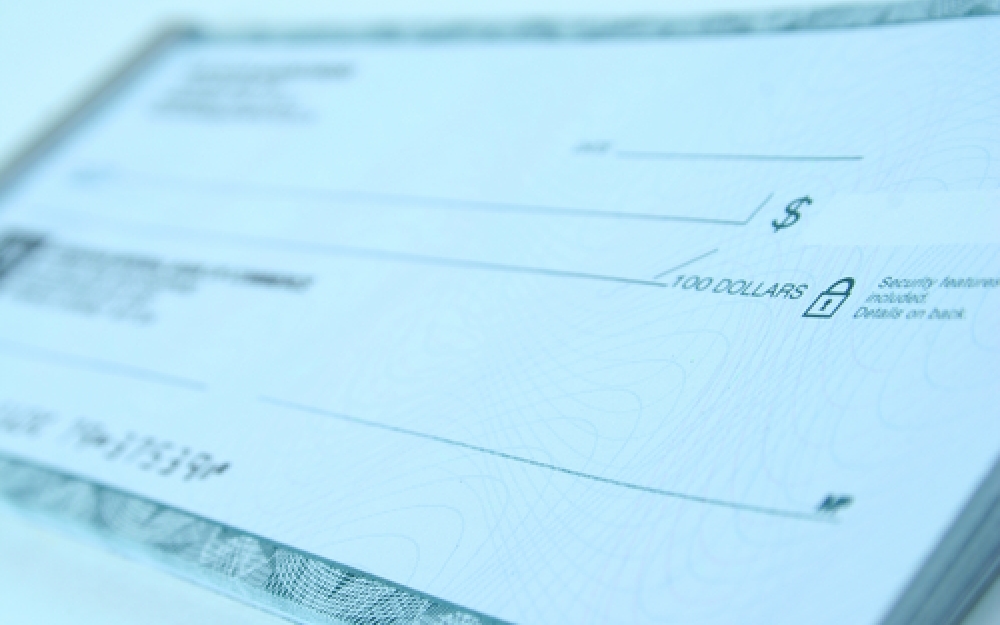Edmison v. Wawanesa, 2016 SKPC 120
Patricia Edmison responded to an online advertisement seeking mystery shoppers for a market research company. She received cheques from the “market research company” which she cashed, and used to purchase gift cards and transferred money through Western Union back to the “market research company”.
The cheques deposited in Ms. Edmison’s accounts were eventually sent back to her bank, and she learned they were counterfeit. She discovered that the “market research company” was in fact a fraudster.
Ms. Edmison and her husband claimed the loss under their home-owners policy, claiming for “loss caused by forgery or alteration of any cheque or negotiable instrument”. The insurer claimed that this section covered only forgery of cheques on the insured’s account and that the loss was not directly related to the forgery of a cheque. Alternatively, the insured stated that the loss was excluded as “loss or damage resulting from a change in ownership of property that is agreed to, even if that change was brought about by trickery or fraud”.
The Court rejected the insurer’s argument that the loss was not caused by forgery of a cheque or that the policy required forgery or alteration on the insured’s account. The court found that on a plain reading of the policy coverage was not limited to forgery on the insured’s accounts or cheques, and that the loss was a direct result of the counterfeit or forged cheques.
The Court did however go on to find that the loss was excluded as it was brought about by trickery or fraud, as they had voluntarily transferred property (money) to the fraudster. The Court rejected the Plaintiff’s argument that they were an agent of the fraudster and had never “owned” the money themselves and as such there was no change in ownership which would have triggered the exclusion.
You can read Edmison v. Wawanesa, 2016 SKPC 120, in its entirety here.




